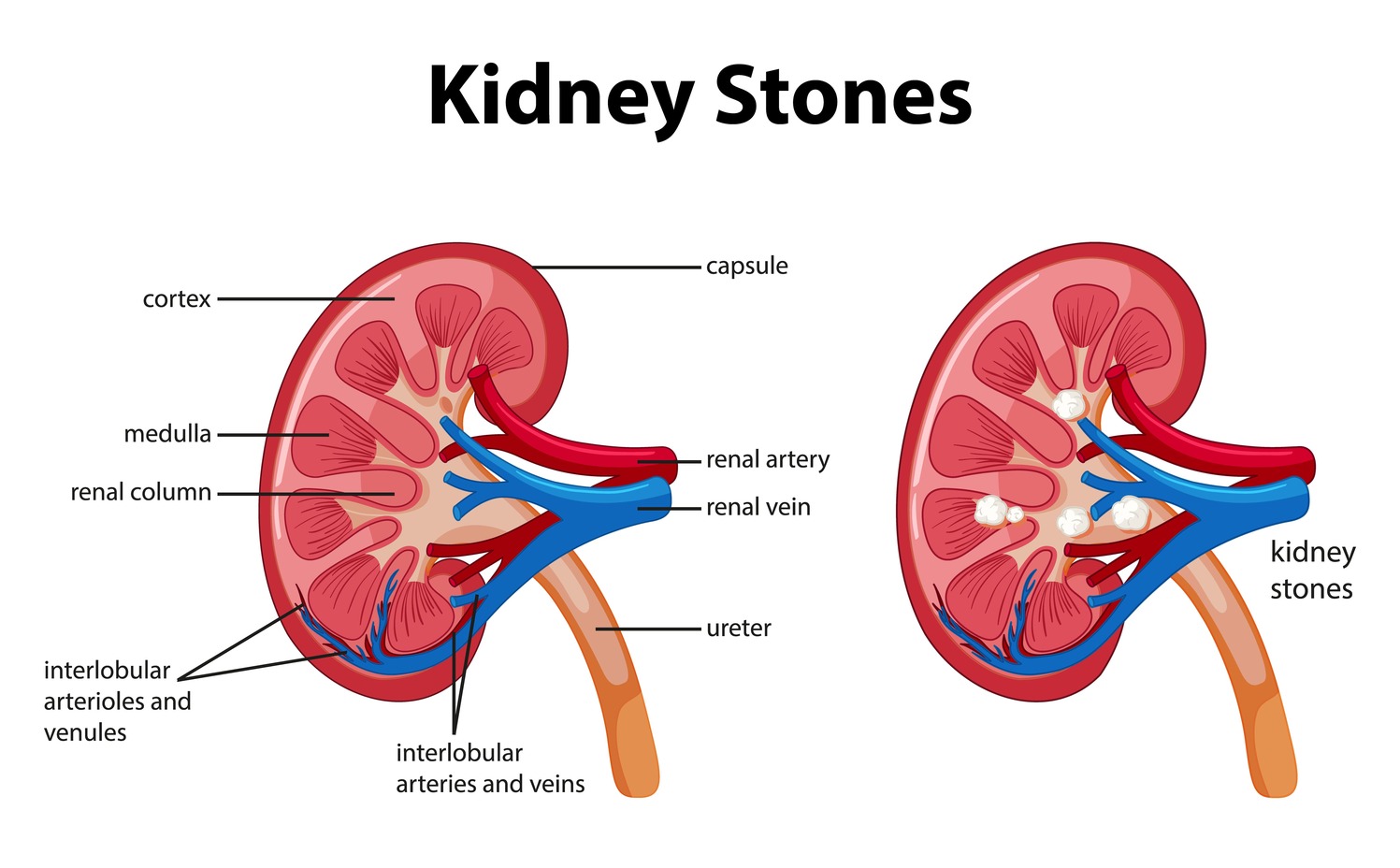We all know that consuming too much salt isn’t great for our health, but how often do we consider its impact on our kidneys? While salt is essential to our diet, excessive intake can lead to serious health problems, including kidney damage. This blog will explore how salt affects kidney health, why it’s harmful in large amounts, and practical ways to reduce salt consumption.
The Connection Between Salt and Kidney Disease
Studies that have emerged recently have brought to light a disturbing link between high salt intake and kidney disease. A recent study has found that there is a strong association between extra salt added to meals, which may increase one’s chances of experiencing chronic kidney disease. Unusually, the study found that even the occasional use of added salt can raise this risk.
This finding underscores an important message: even small amounts of excessive salt can significantly affect kidney health. Monitoring salt intake becomes even more crucial for those at risk of kidney disease.
Why Is Salt Harmful to Your Kidneys?
The kidneys filter waste products and excess fluids from the blood; excessive salt destroys this sensitive balance. Increased salt leads to fluid retention, which has the direct consequence of increasing blood pressure and stressing the small blood vessels within the kidneys, causing them to become dysfunctional. Excess salt enhances water retention and torments the kidneys, potentially causing swelling or bloating.
How to Cut Down on Salt
Salt intake doesn’t have to mean flavor and enjoyment. Simple diet adjustments can protect your kidneys and improve your health. First, start reading some food labels and selecting low-sodium contents. Cooking at home using fresh ingredients gives you automatic control over your meal’s sodium content. Add plenty of fresh fruits, vegetables, whole grains, and lean proteins to your diet. Instead of salt, try herbs, spices, garlic, or even lemon juice for flavor. Gradually cut back on your salty intake so your taste buds can adjust. Remember, minor changes make a big difference in your kidneys.
Why Professional Advice Matters
If you suspect salt affects your kidney health, seek a medical professional for consultation. They can check your kidney function using blood and urine tests, arrange a customized diet plan based on suitable sodium intake, and recommend lifestyle changes or treatments to protect your kidneys.
Supporting Your Kidney Health
Salt is a tiny ingredient with enormous implications for your wellbeing, particularly for the kidneys. With sodium levels kept up, find healthier alternatives away from sodium, and when necessary, see a healthcare provider for those most at risk to decrease the potential for complications. Remember: even small, seemingly ‘minimal’ changes bring significant value over time.
At Vascular Health LLC, we know how vital it is to take active steps toward better kidney health. Our highly trained team will assist you with managing chronic conditions, setting healthier habits, and lowering your risk of kidney-related complications. You can make meaningful changes to protect your kidneys and overall wellbeing with guidance and support.




